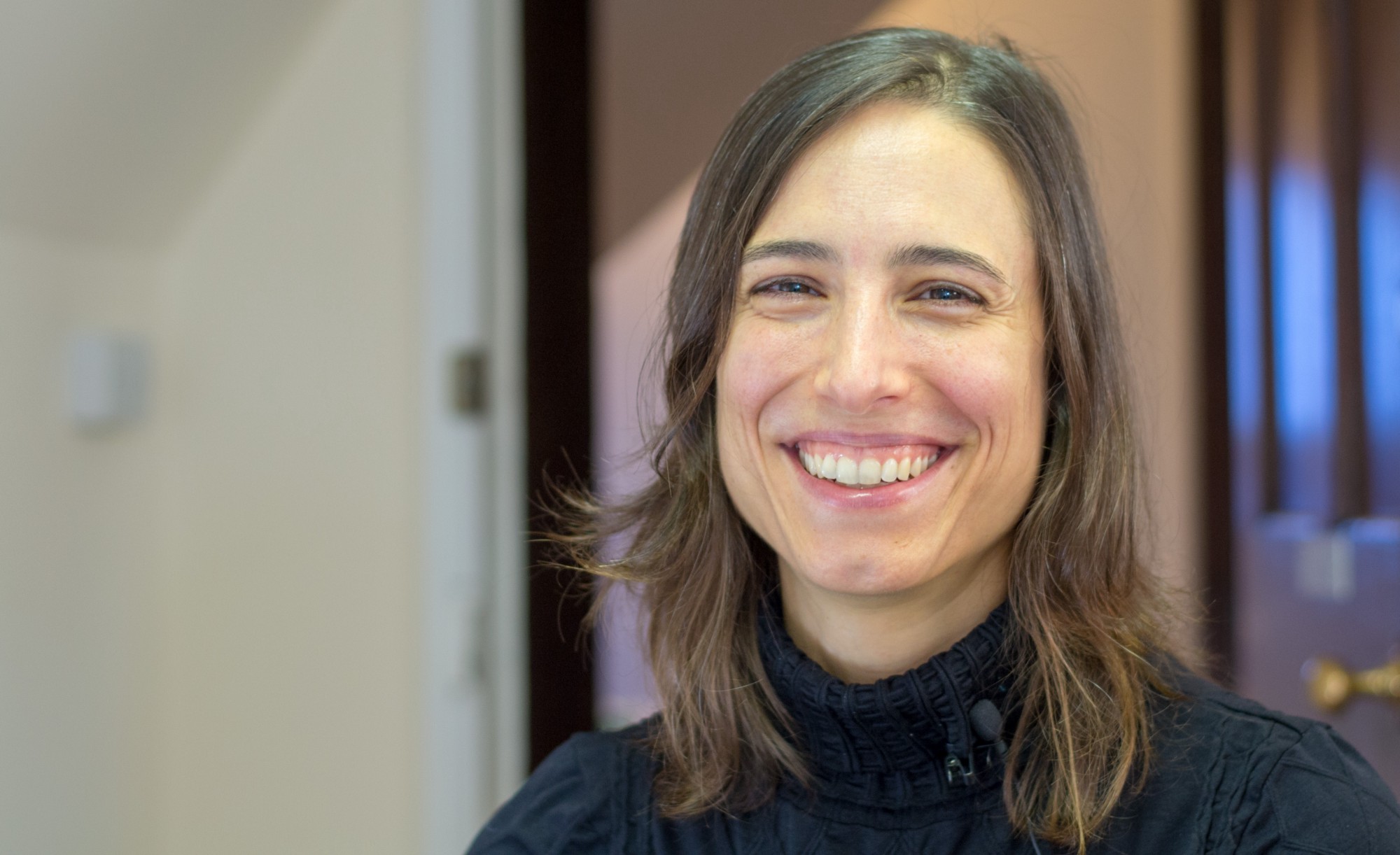How to rebuild a city with Karam Alkatlabe

by Fiona Gilsenan, Wolfson Communications

As any Cambridge alum will know, Easter Term is notorious for exams and revision stress. As Wolfson PhD Education student Aliandra Barlete puts it, “You go into the library and you can feel the desperation.” That’s why the Wolfson staff and students pull together during this time to create an atmosphere conducive to studying and stress-reduction, and to offer extra support to students when they most need it. But what does this mean in practical terms? And can techniques such as puppy-petting and mindfulness training really help reduce stress levels?

On Tuesday, 1 May, the entire College enters a Quiet Period. This means limits on amplified music and piano playing, no garden parties and barbecues are restricted to no more than 10 people at a time. The gardeners know to keep their lawnmowers and leaf blowers silent before 9am, and any essential maintenance is scheduled to cause the least amount of disruption. The library is a busy place at the moment, but the librarians offer plenty of support with advice on time-management, note-making and critical reading. Last year the College hired an Information Skills Librarian, Laura Jeffrey, who has developed a learning-support programme with a particular focus on information and digital literacy skills guidance. She is keen for students to drop in throughout the revision and exam period if they would like some study skills support.
The Tutorial Office continues to offer its popular Skills for Academic Successprogramme through the Easter Term to provide practical guidance to students. Tutors are available to talk to students feeling stressed, as is the College Nurse, who also organises a relaxation session in the Easter Term open to all students. Tutors are also poised to sort out special provision or appeals for students who fall ill or have an accident just before or during their exams. Senior Tutor Jane McLarty says, “Most of us get stressed at some point in our lives. We remind students that it is important to take regular breaks from study — and if other people’s anxiety is affecting them, to relax for while in our lovely College gardens, get out of College for a walk in the peaceful Grantchester Meadows, or have a chat with our friendly Porters, who are on duty 24/7.”
Mental-health experts agree that peer support is crucial for adolescents and young people. With that in mind, WCSA Ents and Welfare go into full-on student support mode, offering a range of events such as Sunday Fundays — a varied mixture of outings, ranging from improvisation and ‘Exam Care Package’ workshops to outdoor excursions, all designed to provide some structured time-off so students get the most out of their limited free time. As Charlie Barty-King, WCSA Ents Officer says, “Our main aim this term is to give students every opportunity to enjoy the sunshine and schedule in some relaxation time.” One session will include a massage station and other calming activities, including an outdoor yoga session. Another encourages students to ‘find your inner zen while playing with a four-legged sweetheart’ as puppies are brought to College to spend some time with students.

Bops are limited to the beginning and end of term. Wednesdays are film screenings in the Club room (an alternating selection of family films and BME-themed movies selected by WCSA’s BME Representative). The WCSA Welfare team also is partnering with the Library to hold afternoon teas on Tuesdays in the KSJ and Thursdays in the Library foyer. These ‘Welfare Teas’ give students a chance to relax and can be treated as resources to cope with the daily revision stress. Says Charlie, “A WCSA representative will be available at each scheduled event, so students can have a chat with about welfare, worries or coping skills.”
For Muslim students, exam term also coincides with the religious celebration of Ramadan, which is observed by fasting during the hours of daylight. Revising and writing exams on an empty stomach can make it hard to concentrate, and energy levels can drop. WCSA Vice-President and psychology student, Ibrahim Mohammed offers students advice on all aspects of student life on his highly popular YouTube channel @ibzmo. Ibrahim observes Ramadan and he says, “It’s true that fasting can affect your ability to concentrate, but you just have to do some planning”

The first thing he suggests is that students change their revision schedules so that they sleep more during the day. “Napping is a big one,” he says, “people underestimate that. And don’t just read, do flash cards, mind maps and other active types of revision (you can read more from Laura on active revision techniques here). Then when you break your fast you can do all the learning and going over past papers that requires more concentration.”
The Cambridge University Islamic Society offers Iftars, the meal eaten after sunset, to Cambridge students during Ramadan. Ibrahim says, “It is recommended to share food during Ramadan and it’s a big part of the practice, to eat together.”
“Students who observe Ramadan find they get other benefits that outweigh the challenges of doing exams. And students still get Firsts and 2:1s!”
Wolfson Junior Research Fellow Julieta Galante is a NIHR Research Fellow at the Department of Psychiatry. In 2015 she was hired, under the supervision of Professor Peter Jones, by senior welfare authorities at the University to run a pilot scheme, the Mindful Student Study, into the effects of mindfulness training on stress reduction.

Students who took an eight-week mindfulness course had lower stress scores after the course, and were a third less likely than a group that received standard support to have scores that indicate a need for mental health provision. Distress scores for the mindfulness group during exam time fell below their baseline levels (as measured at the start of the study, before exam time), whereas the other group became increasingly stressed as the academic year progressed. In fact, 57% of the students in the standard support ground had distress scores above an accepted clinical threshold. You can read more about Julieta’s research here.
Whether students really are under more stress than in a previous era, or whether there is simply a greater awareness of mental health issues is a question Julieta would like to see answered. “There isn’t a lot of data on this and much of it comes from self-reporting in surveys that don’t fully represent the wider student population,” she says. “One of the things we also tried to measure in the trial (not yet published) is whether people who did mindfulness needed less support from the counselling service. But it’s very difficult to measure, because when you do practice mindfulness, you become more self-aware. This could have the effect that you are more likely to want to reach out for help. So is that a good outcome, or a bad outcome?” Answering questions like this should help the university to focus its support efforts where they are most likely to benefit stressed students.







